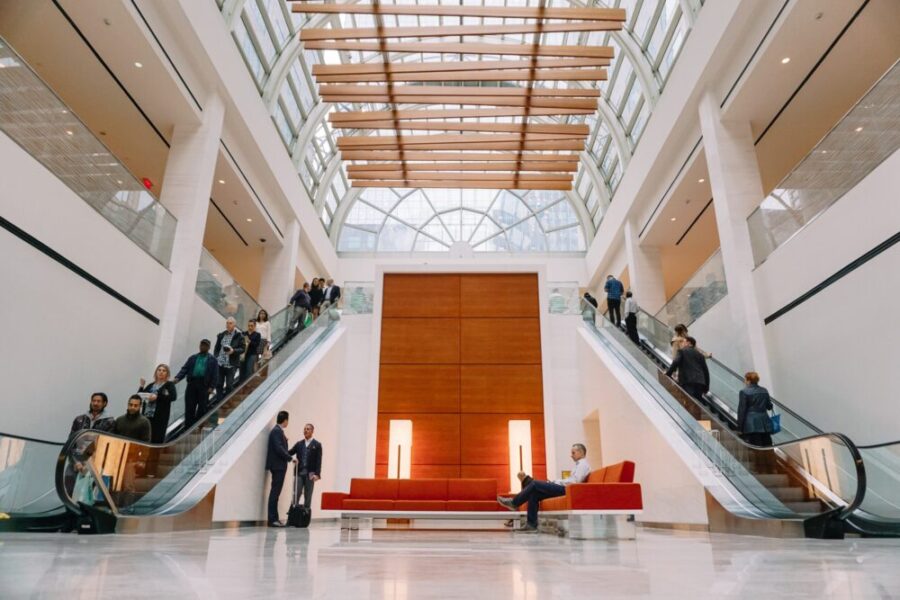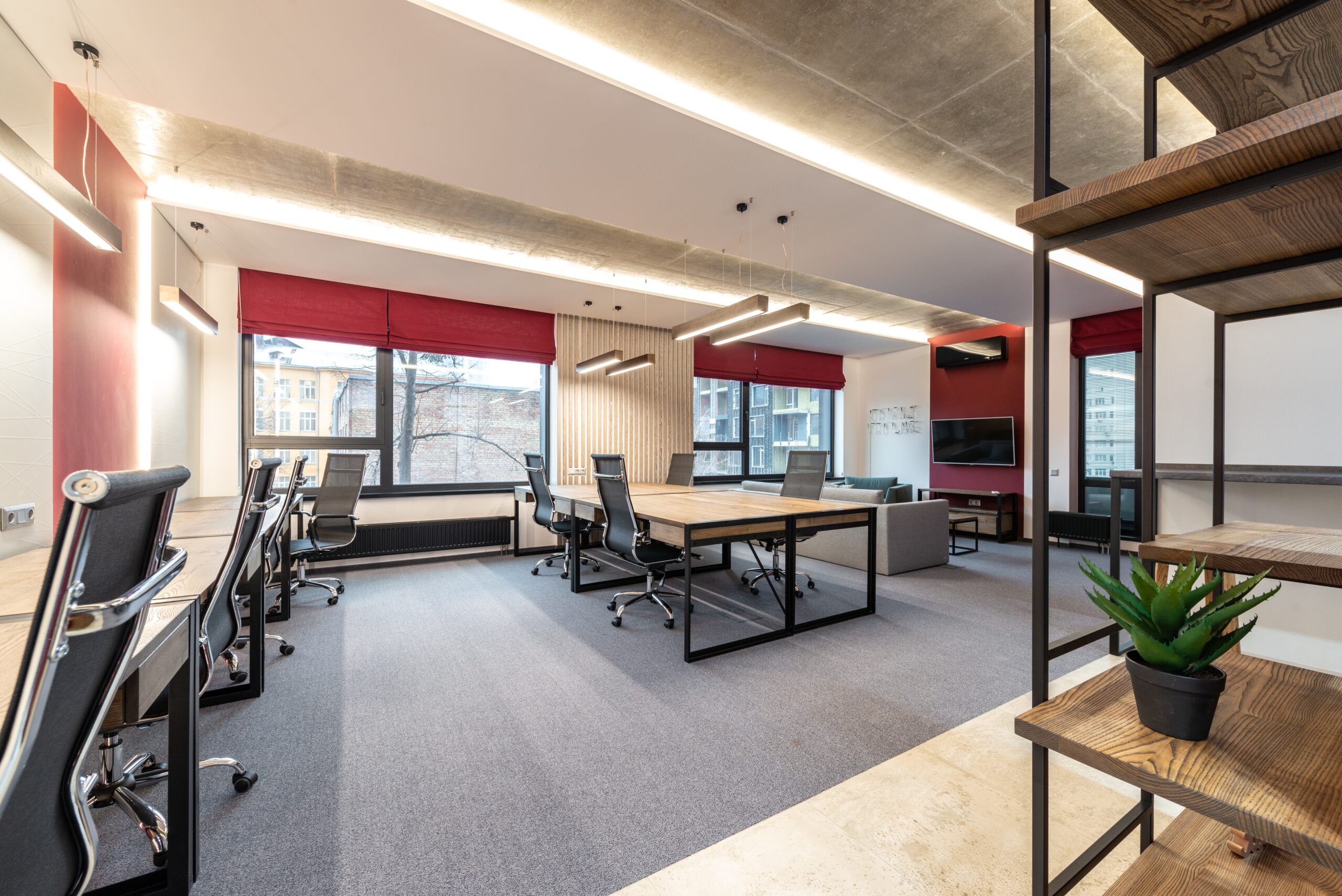Surging Supply Chain Issues
As we all know from news headlines, COVID-19 spurred supply chain issues in many sectors of the economy. Commercial real estate is one of the many industries that continues to feel the ripple effects.
When the pandemic began and put the global economy on hold, many businesses were caught without products. Thanks to online retailers, consumers could still shop from the comfort of their homes, but companies couldn’t keep up with the demand. Additionally, residential and commercial construction quickly began feeling the effects of supply chain shortages in various ways.
Shifting Demand
E-commerce allowed businesses to continue to reach customers even when in-person operations stopped. The rapid rise in e-commerce created a shifting demand in the commercial real estate market.
Companies that hadn’t prepared for large volumes of online shopping and shipping began to acquire substantial warehouse space. The warehouse market tightened as demand remained strong, and prices began to rise.
Commercial Construction
As with most other sectors, commercial construction continues to face challenges due to supply chain issues. Kitchen appliances, raw materials, windows and doors, and steel components are all seeing extensive lead times that are delaying completion.
Additionally, shipping and product costs have increased dramatically, which, in turn, has made the construction process and the final product much more expensive.
The Solution
There is no doubt that supply chain issues will continue to impact the commercial real estate industry for some time. The best solution is to partner with a real estate professional that understands the impacts and can advise you accordingly.
Please contact Steve Longenecker at WeBrokerCORealEstate or 720-600-9513 if you have questions about the commercial real estate market in Longmont, CO, and our neighboring communities.









 your calculations, but you want to be knowledgeable in rehab costs, projected rents, vacancy rates, and return on investment.
your calculations, but you want to be knowledgeable in rehab costs, projected rents, vacancy rates, and return on investment.